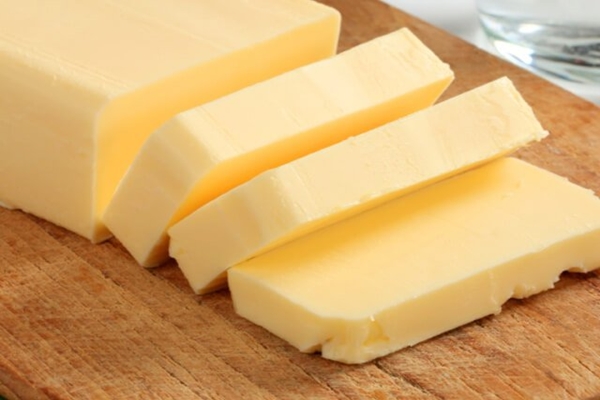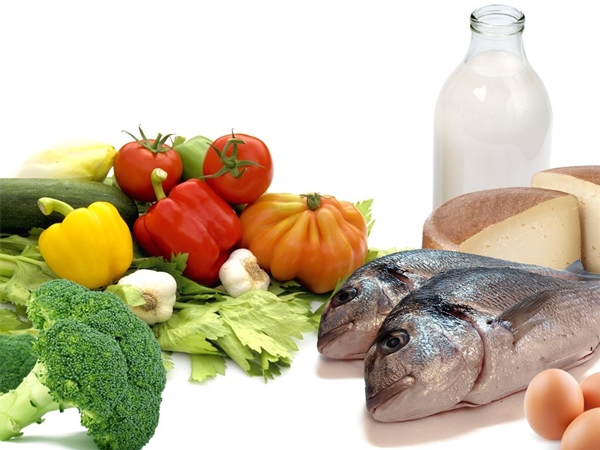
Although we can find many foods in the supermarket that have been fortified with a synthetic form of vitamin D, there are only a select number of foods that naturally contain vitamin D. Normally, the human body makes its own vitamin D; exposure to sunlight is the catalyst for the synthesis of this hormone in the skin. But today, many people spend countless hours indoors, and exposure to the sun is limited. This fact may be a root cause of many ailments, including a depressed mood and weak bones. With age, bones can become weak and thin. Although you can’t turn back the hands of time, good nutrition is one of the best ways to encourage your body to be its best. Vitamin D is one nutrient in particular that supports normal bone density and strength.
Let's take a look at top 10 healthy vitamin D rich foods:
1. Sunlight
Sunlight spurs the body to make vitamin D. But because of the skin-cancer risk, there isn't an official recommendation to catch some rays. However, a small amount of sun exposure without sunscreen can do the trick. "If you're going to get it from the sun, about 20 to 25 minutes of exposure is helpful," says Stephen Honig, MD, director of the Osteoporosis Center at the Hospital for Joint Diseases, in New York City. The sun is less likely to provide your daily needs at higher latitudes, in the winter, or if you're older or dark skinned (skin pigment blocks light and the process is less efficient with age). And FYI: Light through a window won't work.

2. Mushrooms
Mushrooms are, in fact, the only plant source containing vitamin D. This genius grows in sunlight and is great at absorbing sunlight as well, making it a good vitamin D source. Mushrooms are also rich in B-complex vitamins like B1, B2, B5 and minerals like copper. The amount of vitamin D in mushrooms varies according to the type and variety. Shitake mushrooms are considered as the best source of vitamin D among all mushrooms. Always choose mushrooms that are dried in natural sunlight and not by artificial means.

3. Salmon
Salmon has a high fat content, which makes it an excellent source of vitamin D. Around 3.5 ounces of salmon will provide you with 80% of the recommended dietary amount of vitamin D. The key is to get salmon that has been caught in the wild or is sustainably farmed. Alaskan salmon contains 5 times more vitamin D than Atlantic salmon, which makes it the better choice. Half a fillet of sockeye salmon contains 1400 IU of vitamin D, which is twice the recommended amount you need for a day.
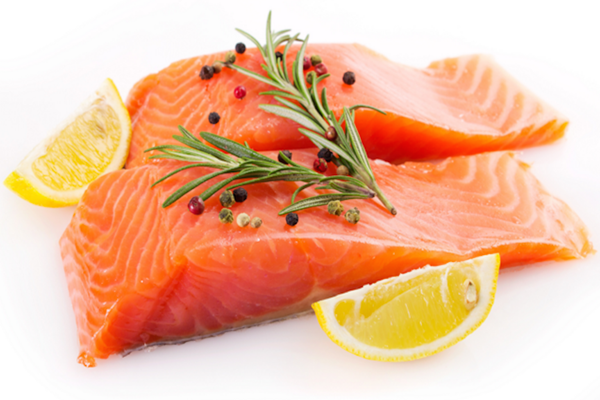
4. Herring
Herring fishes contain a significant amount of vitamin D as they feed on plankton, which is full of vitamin D. These shiny gray fish are consumed pickled, smoked or creamed. Herring contain healthy fats and other important nutrients, which make them a wise addition to your diet. They are also an excellent source of protein, which promotes muscle development, and contain high amounts of vitamin B12, selenium, phosphorus, calcium, and iron.
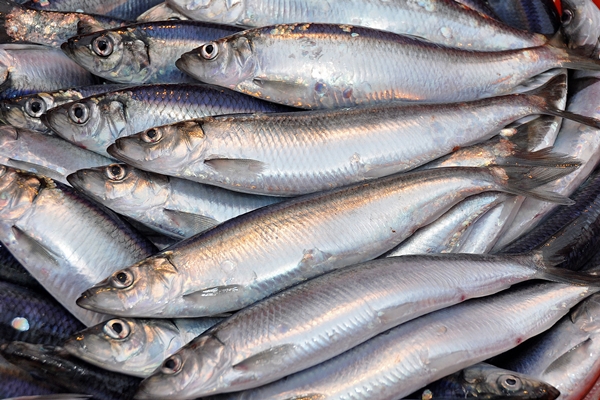
5. Sardines
Sardines are becoming more and more popular due to their amazing health benefits. They are one of the best sources of vitamin D. Just a small amount of sardines will fulfill 70% of your recommended dietary allowance of vitamin D. This fish offers 270 IU of vitamin D per 100 grams. They are also a great source of vitamin B12, omega-3 fatty acids, protein, and selenium. The high omega-3 fatty acid content contributes to better bone health, lowers cholesterol, and reduces inflammation.
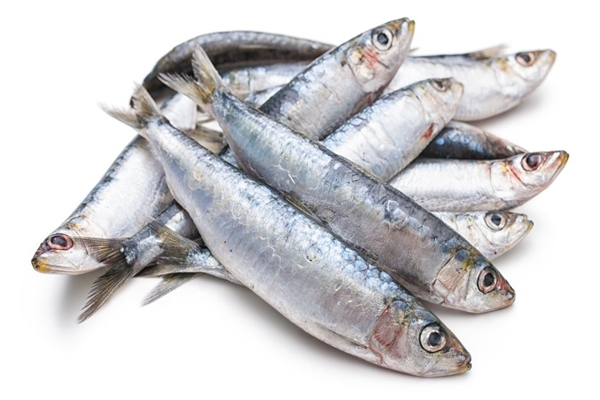
6. Canned tuna
Three ounces of tuna provides 50% of the vitamin D your body needs. Fresh and wild-caught tuna is the most nutritious. Moreover, eating oily fish that lubricates the body also provides other health benefits like better memory and proper brain function. Light tuna has the maximum amount of vitamin D, and it has lesser mercury than white tuna.
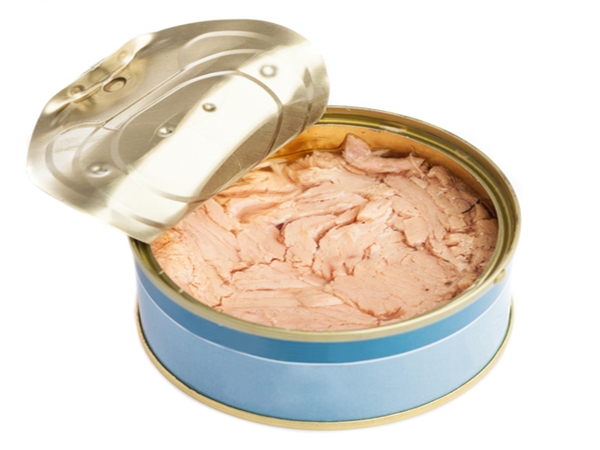
7. Cod liver oil
While its name might suggest a less-than-savory flavor, cod liver oil is often flavored with mint or citrus, or comes in capsule form. One tablespoon contains about 1,300 IUs of vitamin D, which is more than twice the recommended dietary allowance of 600 IUs per day. That amount doesn't exceed the maximum upper-level intake of 4,000 IUs for people over 8 years old, but it exceeds the daily maximum for infants (1,000 IUs).
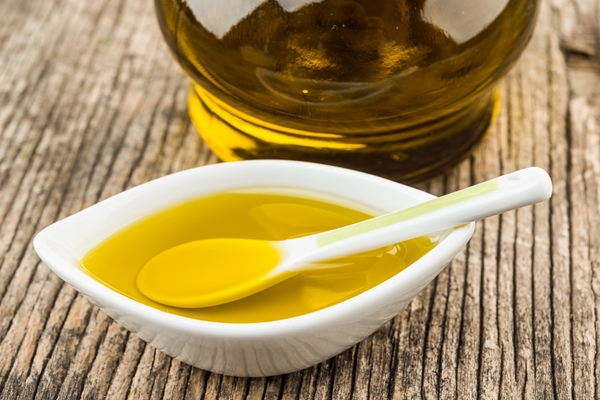
8. Fortified milk
Almost all types of cow's milk in the U.S. are fortified with vitamin D, but ice cream and cheese are not. In general, an 8-ounce glass of milk contains at least 100 IUs of vitamin D, and a 6-ounce serving of yogurt contains 80 IUs, but the amount can be higher (or lower) depending on how much is added. Some soy and rice milks are fortified with about the same amount, but check the label since not all contain vitamin D.
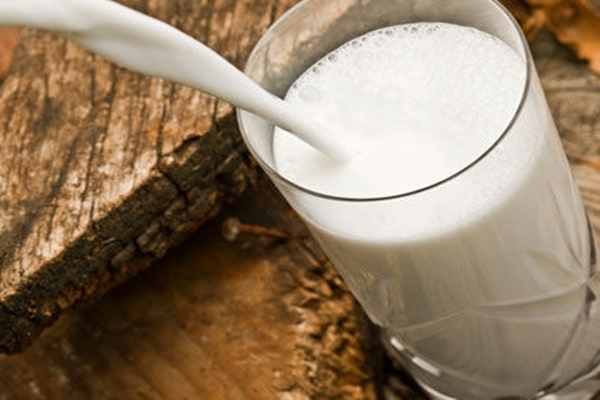
9. Orange juice
Not a dairy fan? No problem. You can get vitamin D from fortified orange juice. One 8-ounce glass of fortified juice usually has around 100 IUs of vitamin D, but the amount varies from brand to brand. Not all brands are fortified, so check the label. Two fortified brands, Florida Natural Orange Juice and Minute Maid Kids+ Orange Juice, contain 100 IUs per 8-ounce serving.
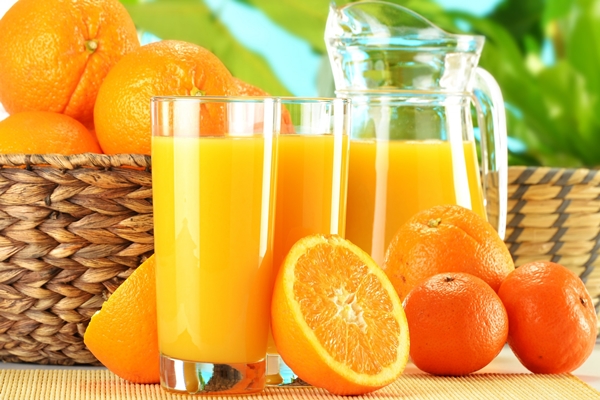
10. Eggs
Eggs are a convenient way to get vitamin D. They're popular in many breakfast, lunch, dinner, and dessert recipes. Since the vitamin D in an egg comes from its yolk, it's important to use the whole egg—not just the whites. One yolk will give you about 40 IUs, but don't try to get your daily vitamin D just from eggs. One egg contains about 200 milligrams of cholesterol, and the American Heart Association recommends consuming no more than 300 milligrams a day for heart health.
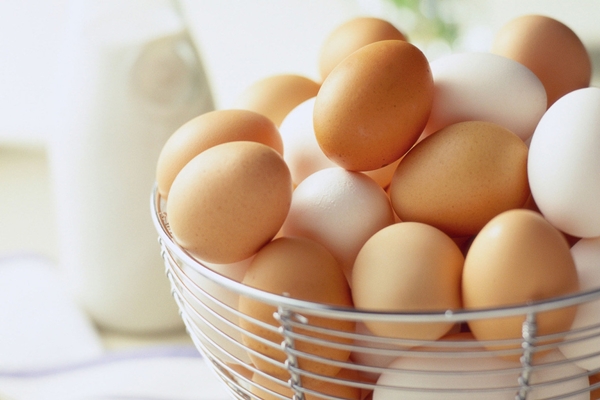
11. Fortified cereal
If you're a vitamin D seeker looking for a crunch, look no further than fortified cereals. Choose a low-calorie fortified cereal like Multi Grain Cheerios to get part of your daily fill of vitamin D. You can pair it with fortified milk and a glass of fortified OJ too. A 1-cup (29 gram) serving of Multi Grain Cheerios with one-half cup of fortified milk is 90 IUs; add in an 8-ounce glass of fortified orange juice, and your total is close to 200 IUs.
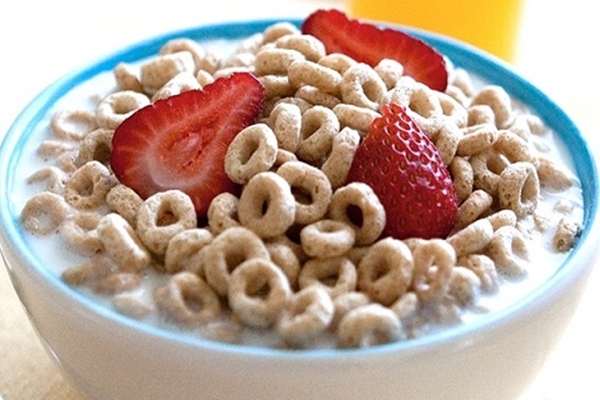
12. Butter
Good news for all the butter enthusiasts! While it is typically frowned upon by dieters, this ‘fatty’ food is known to contain a small amount of vitamin D. Butter is saturated fat, and it is essential to aid the absorption of antioxidants and vitamins by the body. It also assists in the absorption of vitamin D obtained from other sources. Always remember that quantity is the key. Don’t go overboard with butter. When consumed in moderation, it can actually be a healthy addition to your diet.
